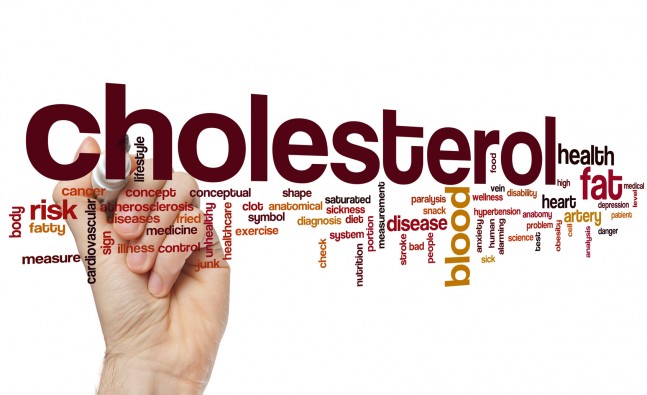
Many of us have been taught to believe that cholesterol is bad for us but, do we really know the full story?
Cholesterol plays an important role
Dr Peter Hill of Met-S Care and a specialist in metabolic syndrome says it is important to remember that cholesterol is a fatty substance and an essential component of every cell in our bodies.
“Without cholesterol you could not live. Remember that 25 percent of the total amount is actually found in your brain,” he says.
Cholesterol in food has very little impact on blood cholesterol levels. If you eat food rich in cholesterol, your liver simply makes less. Eat less cholesterol and your body will make more and keep on doing so until the system is in balance.
The heart of the matter
Is eating cholesterol-rich food connected to heart disease?
According to Dr Hill, there is very little supporting research. “What the research does show instead is that, with few exceptions, people with low cholesterol levels are more likely to die at an earlier age than those with relatively high cholesterol levels.”
Dr Hill says there are a number of scientists and medical researchers around the world, such as cardiologists, Dr Stephen Sinatra, Dr Michel de Lorgeril and Dr Aseem Malhotra, who believe that we can connect the dots linking what we eat with death from heart disease, but – and here’s the kicker – they believe that the guilty party is not cholesterol in our diets, but rather oxidative stress and inflammation resulting from diets that are too high in sugar, refined carbohydrates and easily oxidised omega-6-rich polyunsaturated oils, mainly from processed foods and seed oils.
“So while cholesterol per se is not dangerous to your health, what you do to it may well be. Cholesterol consists of different sized particles – from large buoyant ones at one end of the scale to small dense ones at the other end. It appears that it’s the small dense particles that are harmful and not the large buoyant ones. And here is a little known but very important bit of information: a high sugar and refined carbohydrate diet is associated with the production of the dangerous small dense particles. Saturated (animal) fats are associated with the production of the large buoyant and generally harmless particles. Poor lifestyle choices appear to play a key role in turning an essential biological substance into an unnatural born killer,” says Dr Hill.
How to fix the problem
To reverse the pattern, Dr Hill says cholesterol patients should not look at medication (cholesterol lowering drugs known as statins) to fix the problem but rather at a diet where sugar and other refined carbohydrates are cut out and only moderate protein and sufficient healthy fats are consumed.
“If you are going to consume carbohydrates, make sure they’re low glycaemic load complex carbs especially those that contain high amounts of fibre,” says Dr Hill.
“If we came across a building on fire,” says Dr Hill, “we could reasonably expect to find firemen fighting the fire. Very few of us would think of blaming the firemen for the fire. And yet this is what we do when we say, ‘cholesterol is the cause of heart attacks’. Perhaps it’s time we recognised cholesterol for what it is: an essential biological substance that does not end life, but sustains it.”
